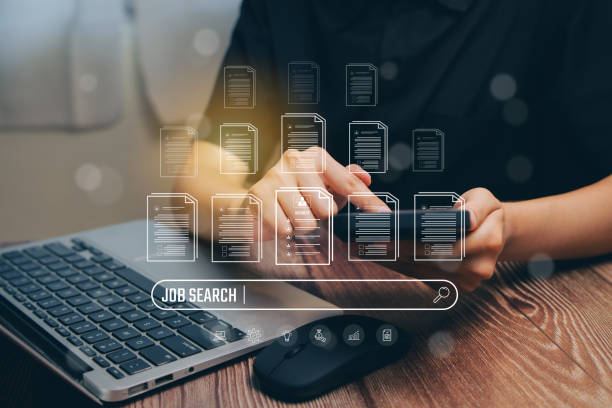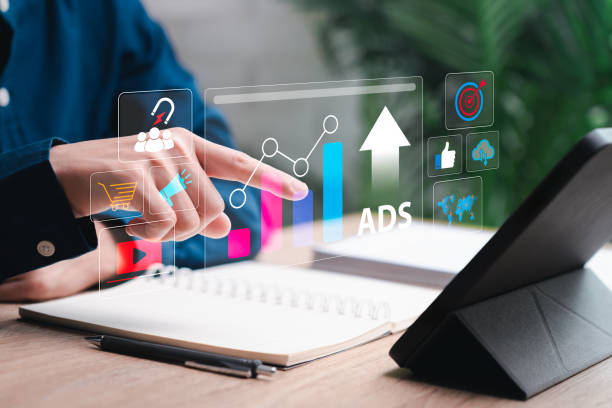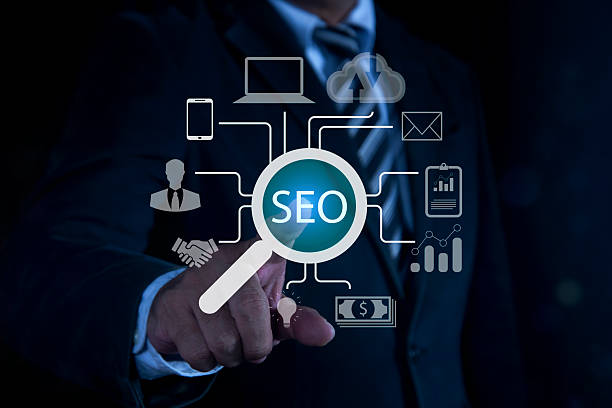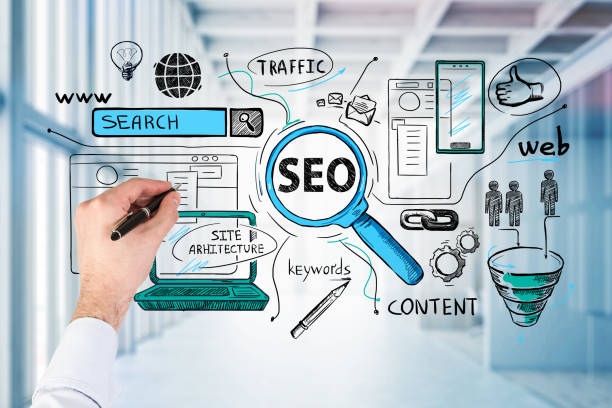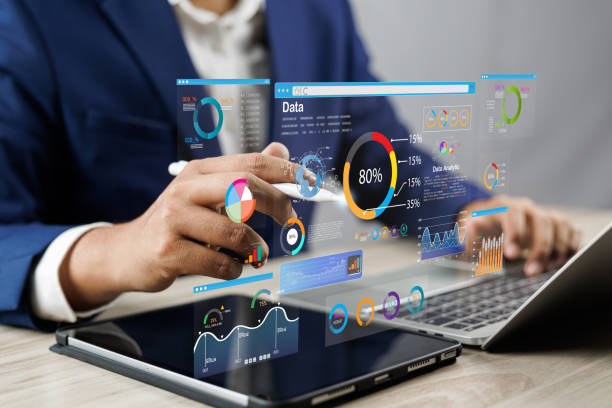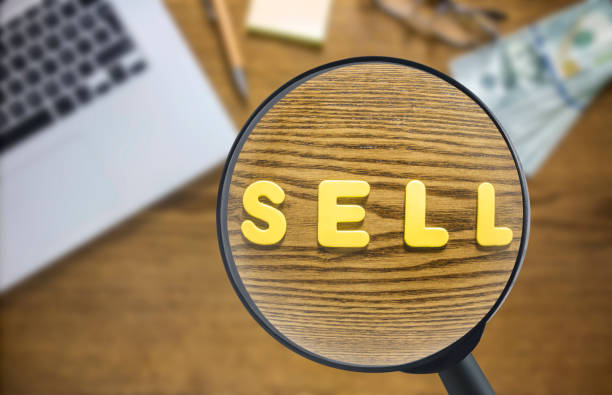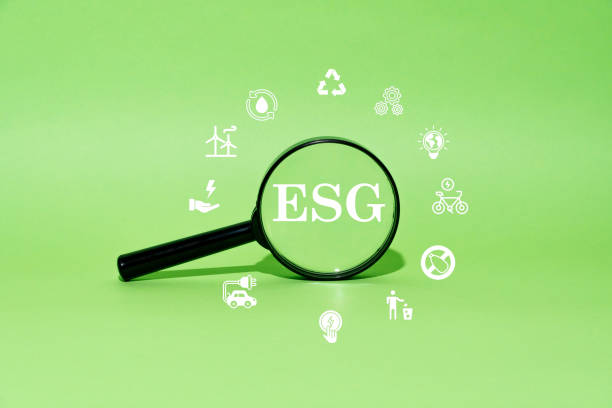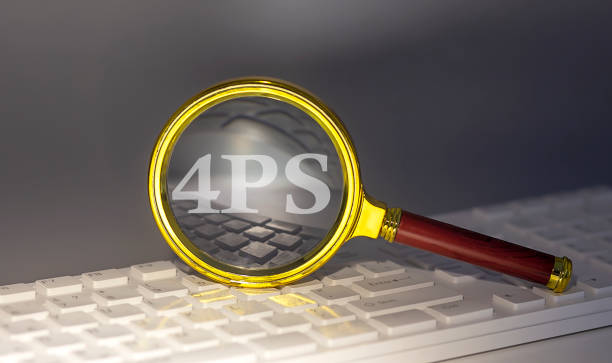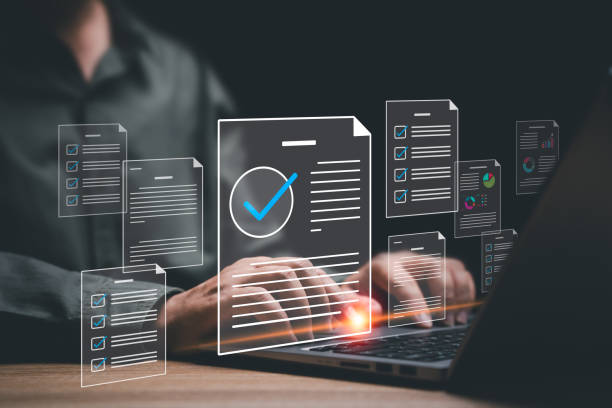What is On-Page SEO and Why is it Important?
On-Page SEO is a set of techniques and actions performed within your website to improve your site’s ranking in search engine results (like Google).
On-Page SEO includes optimizing content, site structure, code, and other internal site elements.
The importance of On-Page SEO stems from the fact that search engines use these factors to better understand your site’s content and its relevance to user searches.
More information about SEO.
A website with strong On-Page SEO has a better chance of being seen and attracting organic (free) traffic.
On-Page SEO helps you show search engines that your site is relevant, authoritative, and valuable.
In fact, On-Page SEO is the foundation of a successful SEO strategy.
Tired of your online store not generating as much revenue as it could? Rasaweb, a specialist in designing professional online stores, solves this problem once and for all!
✅ Increased sales rates and revenue
✅ High loading speed and exceptional user experience
⚡ Get free consultation for online store design
Keyword Research for On-Page SEO
Keyword research is the beating heart of On-Page SEO.
Without identifying the right keywords, your site optimization efforts will be fruitless.
Keyword research means finding the phrases that users use to search for information related to your business in search engines.
There are many tools for this, including Ahrefs, Moz Keyword Explorer, Ubersuggest and Google Keyword Planner.
When choosing keywords, consider factors such as search volume (the number of times a phrase is searched per month), competition (the number of websites competing for that phrase), and the keyword’s relevance to your site’s content.
Divide keywords into two main categories: primary keywords and secondary keywords.
Primary keywords should be the main focus of your content, and secondary keywords can act as support for the primary keywords.
Click here to preview your posts with PRO themes ››
Optimizing Title Tags and Meta Descriptions
Title Tags and Meta Descriptions are two important HTML elements that are displayed in search results and play an important role in attracting users to your site.
The title is the main title of the page, displayed at the top of the browser and in search results.
The title should be short, attractive, and contain the main keyword.
The meta description is a short summary of the page’s content, displayed below the title in search results.
The meta description should be engaging, descriptive, and persuasive to encourage users to click on your site’s link.
More information about meta descriptions.
Both the title and meta description should be unique and match the page’s content.
Using relevant keywords in the title and meta description increases your site’s chances of being seen in search results.
On-Page SEO is very sensitive in this section and requires great care.
| Element | Description |
|---|---|
| Title Tag | The main title of the page that is displayed in search results and at the top of the browser. |
| Meta Description | A short summary of the page’s content that is displayed below the title in search results. |
Content Optimization for On-Page SEO
Content is king! This famous saying in the world of SEO shows the importance of content.
High-quality, relevant, and valuable content is one of the most important factors in On-Page SEO.
Your content should meet the needs of users and provide them with useful information.
To optimize content, use relevant keywords naturally in the text.
Use short and readable paragraphs, and use images and videos to make the content more attractive.
Update your content regularly and add new information to it.
Copied and duplicate content severely damages your site’s ranking.
Be sure to produce unique and original content.
On-Page SEO with good content guarantees your success.
Is your online sales not as expected? With Rasaweb, solve the problem of low sales and poor user experience forever!
✅ Increase visitor-to-customer conversion rates
✅ Create an enjoyable user experience and increase customer trust
⚡ Take action now to receive free consultation!
Image Optimization for On-Page SEO
Images not only help with the visual appeal of your site, but they can also play an important role in On-Page SEO.
To optimize images, first reduce the file size of the images to increase page loading speed.
Use appropriate formats such as JPEG and PNG.
Choose descriptive file names for your images and use relevant keywords in the file name.
Use the Alt tag to describe images.
The Alt tag helps search engines understand the content of the image and display it in search results.
The Alt tag should be short, descriptive, and contain the main keyword.
More information about Alt tags.
On-Page SEO of images helps improve your site’s ranking and attracts more traffic to your site.
Proper URL Structure for On-Page SEO
URL structure is another important factor in On-Page SEO.
Your URLs should be short, descriptive, and contain relevant keywords.
Avoid using special characters and meaningless numbers in your URL.
URLs should be readable and understandable, both for users and search engines.
Use a hierarchical structure for URLs to make your site structure more understandable for search engines.
For example, a good URL might look like this: example.com/category/product-name.
On-Page SEO of URLs helps improve user experience and increase your site’s ranking.
Make sure your URLs match the page content.
Internal Linking
Internal linking means creating links between different pages of your website.
Internal linking helps search engines better understand your site structure and recognize the relationship between pages.
Internal linking also helps users easily navigate your site and find the information they need.
Internal linking should be done naturally and relevantly.
Use descriptive and relevant anchor texts for links.
Avoid linking to pages that have similar content.
On-Page SEO with strong internal linking increases your site’s credibility and improves its ranking.
Keep in mind that internal links should be useful and improve the user experience.
| Feature | Description |
|---|---|
| Purpose | Guiding users and search engines on the site |
| Anchor Text | Clickable text for linking |
| Relevance | Links should be relevant to the page content |
Page Loading Speed
Page loading speed is one of the most important factors in user experience and On-Page SEO.
Users expect website pages to load quickly, and delays in page loading can lead to users leaving the site.
Search engines also pay attention to page loading speed, and sites with low loading speeds receive a lower ranking in search results.
To improve page loading speed, reduce the size of your files, use a Content Delivery Network (CDN), enable browser caching, and use quality hosting.
Google PageSpeed Insights is a useful tool for checking page loading speed and receiving suggestions for improvement.
On-Page SEO with high speed is more attractive to both users and search engines.
Do you dream of a thriving online store but don’t know where to start?
Rasaweb is your comprehensive online store design solution.
✅ Attractive and user-friendly design
✅ Increased sales and revenue⚡ Get a free consultation
Mobile-Friendly
Given the increasing use of mobile devices, it is essential that your website is mobile-friendly.
Your website should display well on various mobile devices and provide a good user experience.
Google prioritizes mobile-friendly websites and ranks them higher in search results.
To ensure your website is mobile-friendly, use Responsive Design, improve page loading speed on mobile, and use appropriately sized fonts and images.
Google offers a free tool called Mobile-Friendly Test that you can use to check your website’s mobile-friendliness.
On-Page SEO for mobile ensures that mobile users also have easy access to your content.
Optimizing Site Structure for On-Page SEO
Your site structure should be logical, organized, and understandable.
A good site structure helps search engines easily find and index your site’s pages.
Use a hierarchical structure to organize site pages and avoid creating duplicate pages.
Create a Sitemap and register it in Google Search Console.
The sitemap helps search engines index your site’s pages faster and more completely.
Use internal linking to connect between site pages.
On-Page SEO with a suitable structure helps improve your site’s ranking and improves the user experience.
Optimizing On-Page SEO requires continuous review and making necessary changes to be constantly compatible with the latest search engine algorithms.
Don’t forget that the ultimate goal of On-Page SEO is to provide the best user experience and achieve top ranking in search results.
Using On-Page SEO techniques correctly can significantly increase your site’s organic traffic and ultimately lead to increased sales and profitability for your business.
Frequently Asked Questions
| Question | Answer |
|---|---|
| What is On-page SEO? | On-page SEO refers to a set of measures that are implemented within your website to improve its ranking in search engine results. This includes optimizing content, site structure, and HTML code. |
| Why is On-page SEO important? | On-page SEO helps search engines understand your page content and determine whether your content is relevant to searchers. This is the foundation of any successful SEO strategy. |
| What are the key elements of On-page SEO? | Key elements include page title (Title Tag), meta description (Meta Description), keyword usage, image optimization, heading structure (H1, H2, …), internal linking, and content quality. |
| How do we optimize the page title (Title Tag)? | The page title should include the main keyword, be attractive and persuasive to click, and be between 50 and 60 characters (or a suitable pixel) so that it is fully displayed in the search results. |
| What role does the meta description (Meta Description) play in On-page SEO? | The meta description is a summary of the page content that is displayed below the title in search results. Although it does not directly affect the ranking, it helps SEO by increasing the click-through rate (CTR). |
| What is the importance of using a heading structure (H1, H2, H3) in On-page SEO? | Headings structure the page content and make it easier to read. H1 is usually the main title of the page and should include a keyword. H2 and H3 are used to organize subsections and help search engines understand the content hierarchy. |
| How to effectively use keywords in content? | Keywords should be used naturally and logically throughout the content, including the introduction, body, and conclusion. Avoid stuffing too many keywords (Keyword Stuffing). |
| What are the steps to optimizing images for On-page SEO? | Includes compressing images to reduce size, using descriptive file names, adding appropriate alternate text (Alt Text), and optimizing the image title and description. Alt Text is critical for accessibility and helping search engines understand the content of the image. |
| What is internal linking and what are its benefits? | Internal linking means creating a link from one page on your website to another page on the same website. This helps users easily navigate your site, distributes page authority throughout the site, and helps search engines better understand your site structure. |
| What is the importance of content quality in On-page SEO? | High-quality, accurate, comprehensive, and valuable content for users is the cornerstone of On-page SEO. Search engines prefer content that meets the needs of users. High-quality content leads to longer user dwell time and lower bounce rate, which are positive SEO signals. |
And other services of Rasa Web advertising agency in the field of advertising
Smart customer journey map: Professional optimization for digital branding using custom programming.
Smart Data Analysis: A new service to increase user engagement through Google Ads management.
Smart Digital Advertising: A creative platform to improve customer acquisition with custom programming.
Smart Marketplace: Transform customer behavior analysis with marketing automation.
Smart Data Analysis: A combination of creativity and technology for online growth through Google Ads management.
And more than a hundred other services in the field of internet advertising, advertising consulting and organizational solutions
Internet Advertising | Advertising Strategy | Advertising Report
Resources
What is On-Page SEO?
,What is Inbound Marketing?
,On-Page Optimization
,The Complete On-Page SEO Guide
?With Rasaweb Afarin, take your business to the peak in the digital world! By providing comprehensive digital marketing agency services, including responsive website design, SEO, and content production, we pave the way for your online success.
📍 Tehran, Mirdamad Street, next to the Central Bank, South Kazerun Alley, Ramin Alley No. 6

